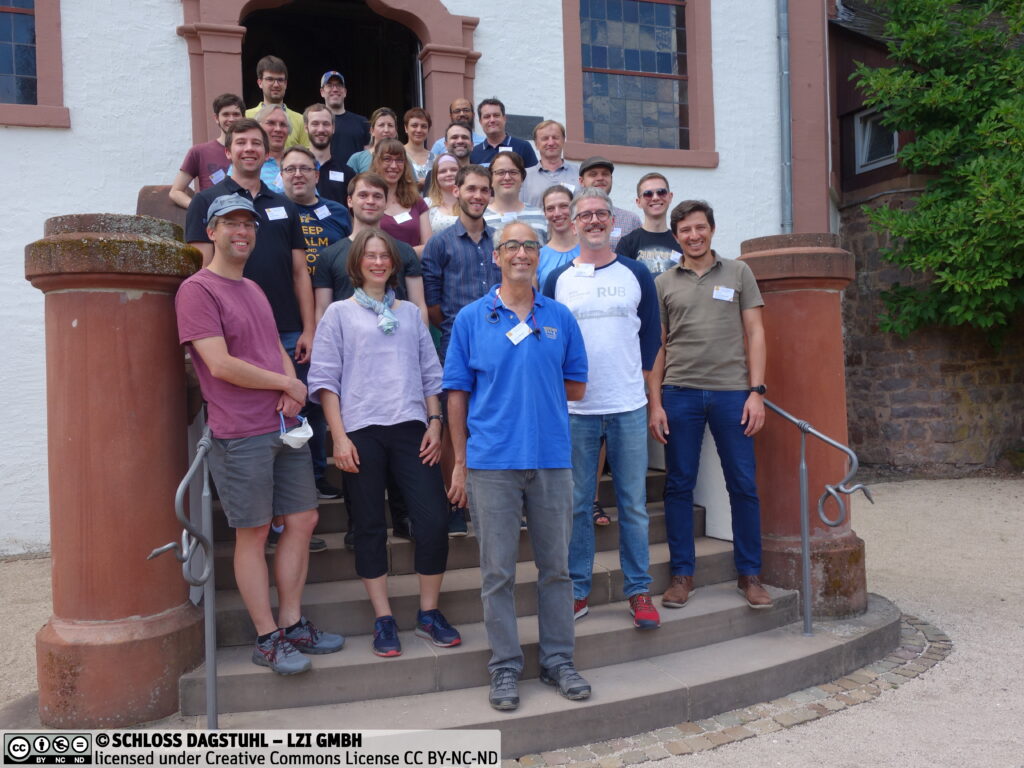
The Dagstuhl Seminar "Power and Energy-aware Computing on Heterogeneous Systems" (PEACHES) investigated the relationship between data processing and energy consumption.
Prof. Timo Hönig is co-organizer of the Dagstuhl Seminar 22341 “Power and Energy-aware Computing on Heterogeneous Systems”, in short PEACHES, which took place at Dagstuhl Castle from August 21 to 26, 2022. Together with colleagues from the University of Melbourne, the University of Bristol and the University of Pittsburg, a five-day program was set up to investigate the impact of computing on the overall picture of energy consumption and the role of computing in reducing CO2 emissions and accelerating the energy transition.
More than 30 computer scientists from 11 countries discussed new ways of thinking and energy-efficient hardware and software concepts in five main topic areas: “Energy Transparency from Hardware to Software,” “Energy Optimization and Management,” “Computing for Sustainability,” “Saving Joules: Green Computing Hackathons,” and “Disruptive Paradigms.” The scientists were driven by their shared vision of performance- and energy-efficient computing.
Interdisciplinary cooperation is necessary
The central result of the PEACHES seminar is joint research work and projects that the scientists are now implementing. The topics range from the analysis and removal of excess software components (software bloat) in order to specifically reduce resource requirements to the investigation of the connection between security aspects in computer systems and the resulting energy requirements and performance influence.
About the Dagstuhl Seminar
The Leibniz Association’s Dagstuhl Seminar Series brings together international and national scientists and enables them to discuss and work on current issues in a wide range of computer science research areas. The program of the seminars develops in the course of the event, depending on discussions and results.
